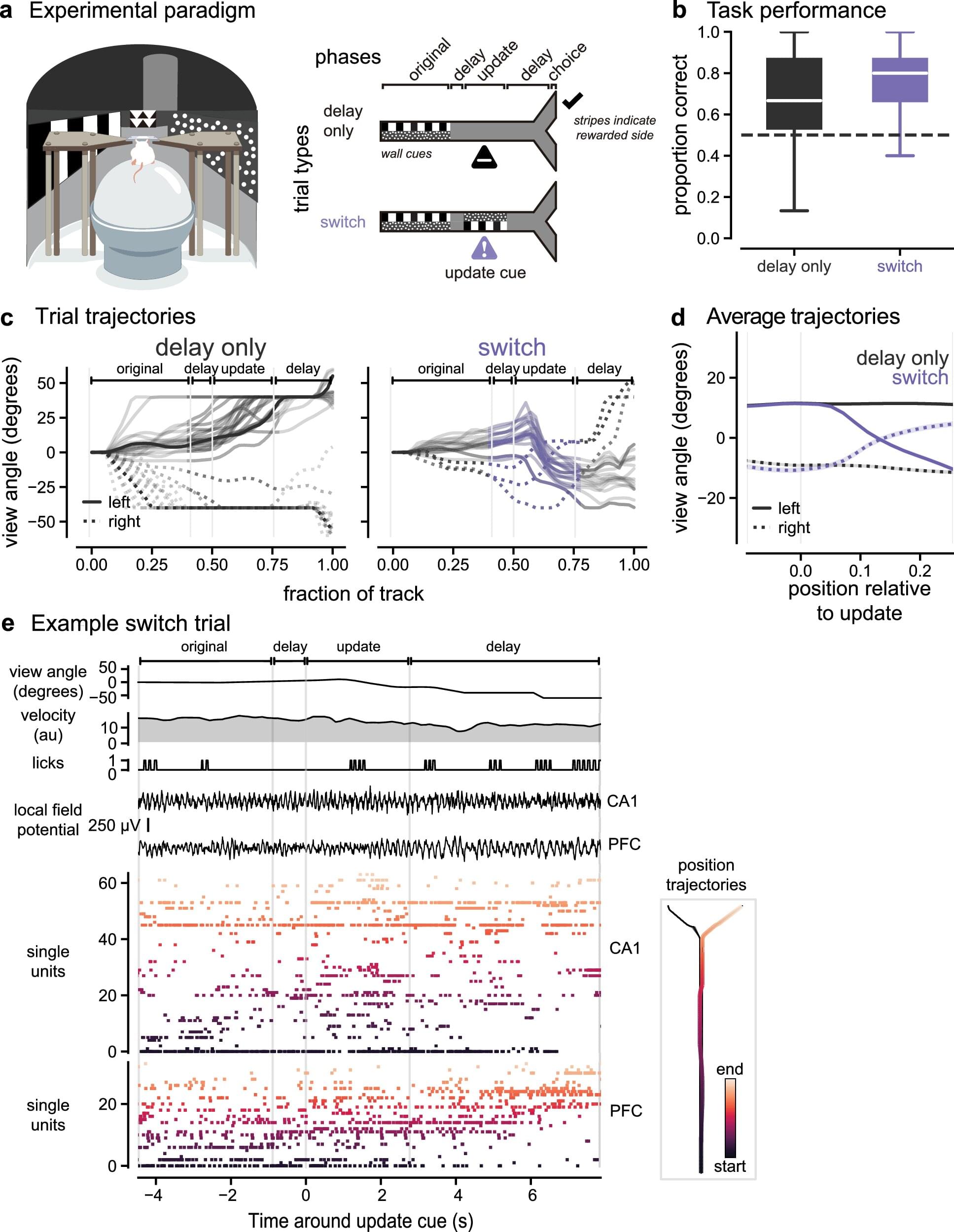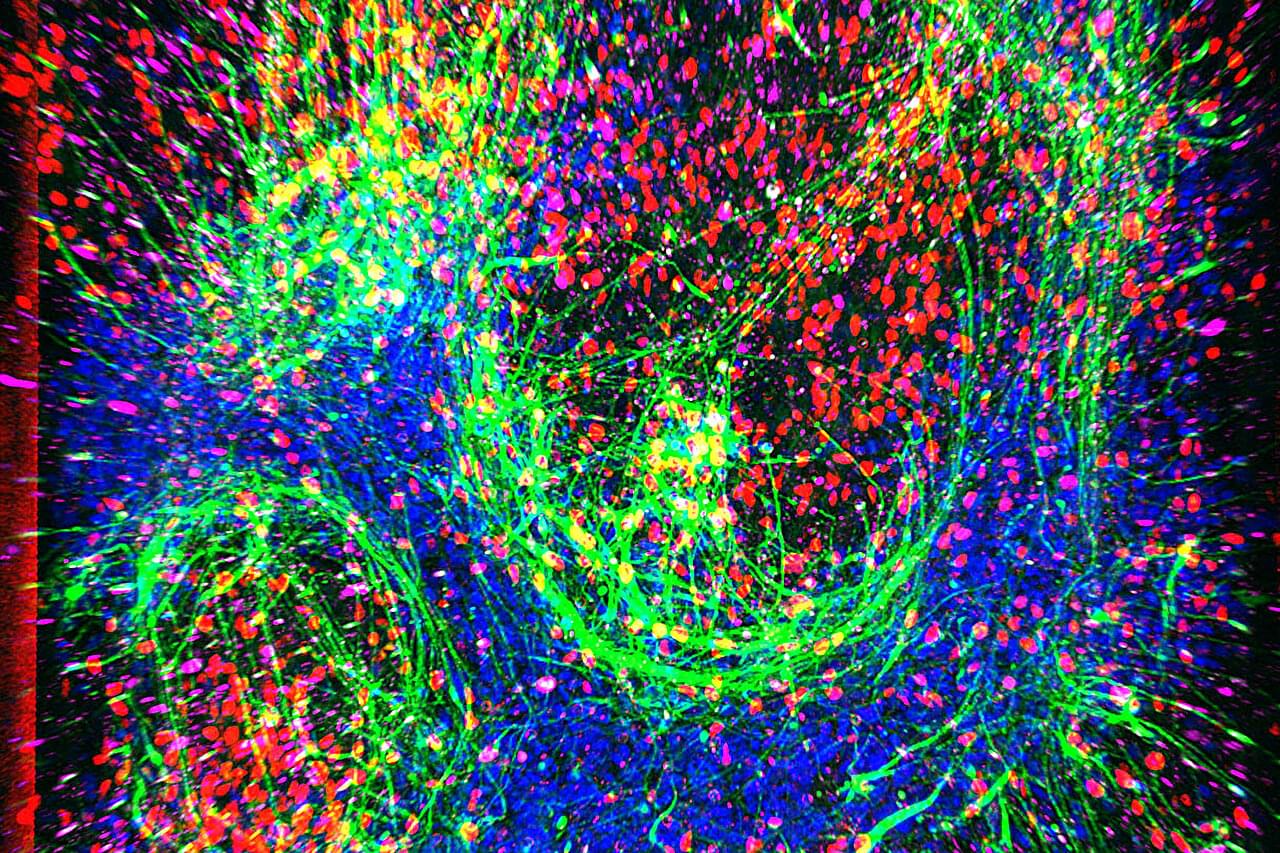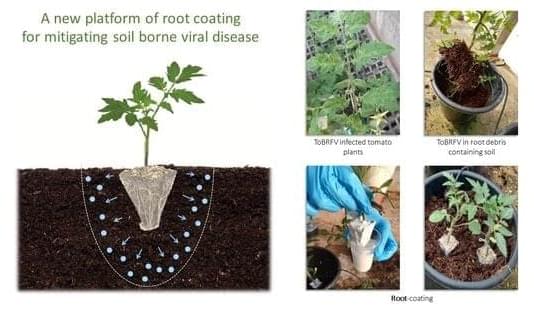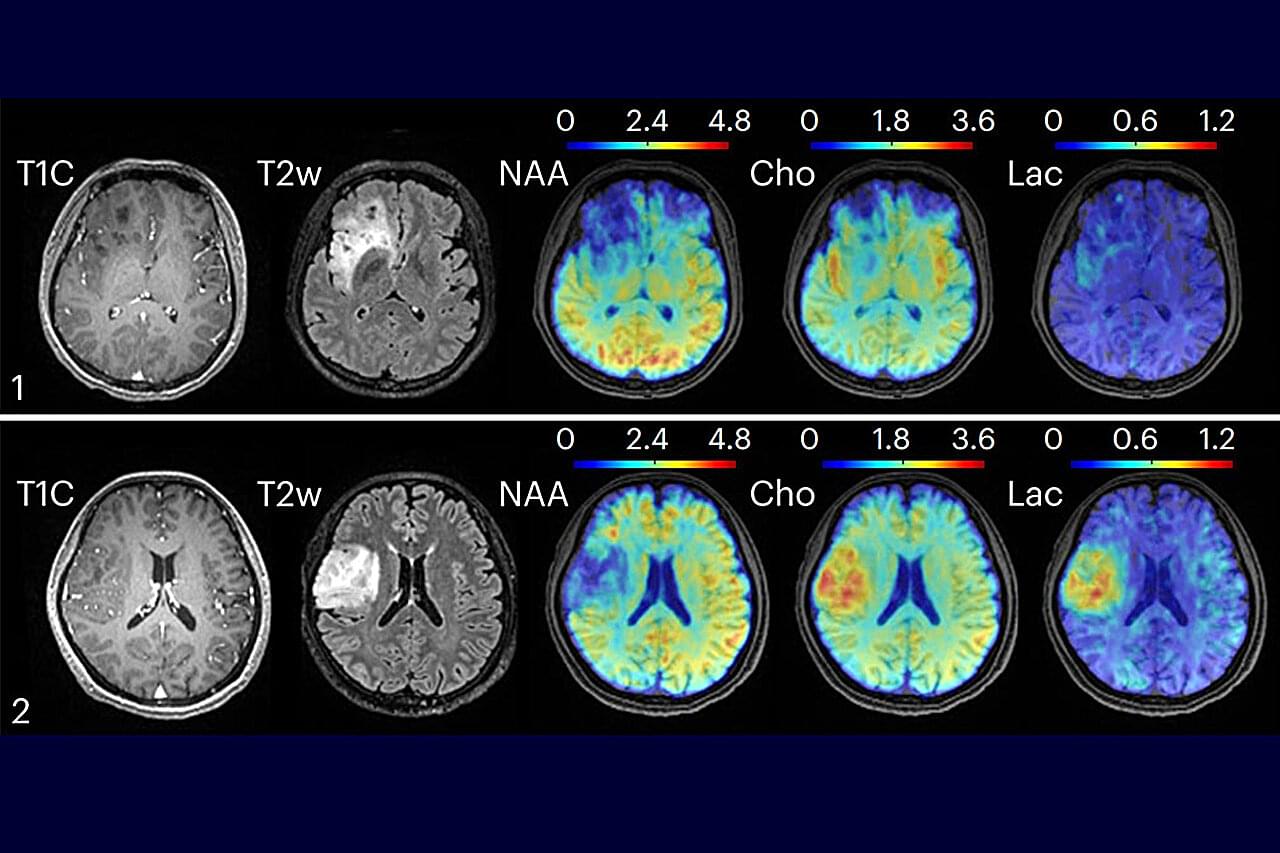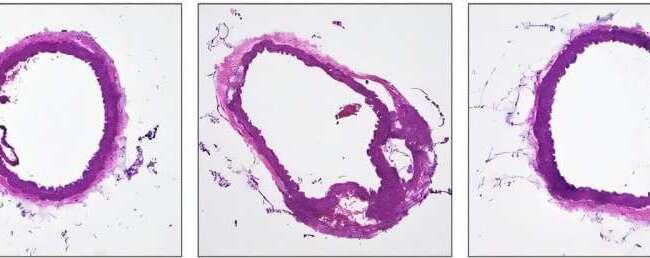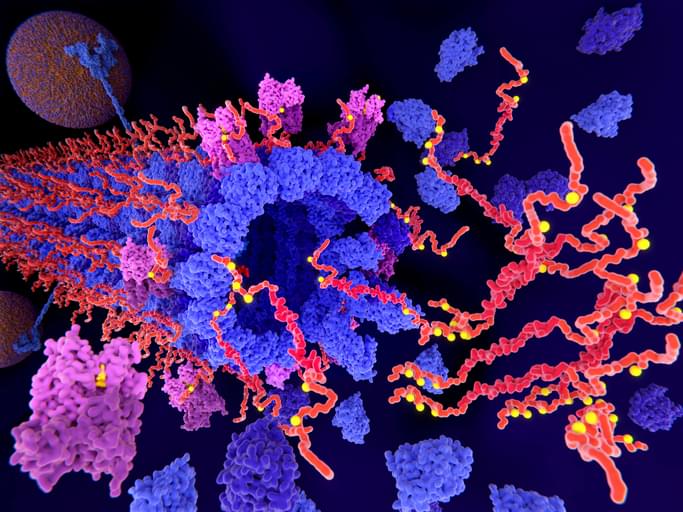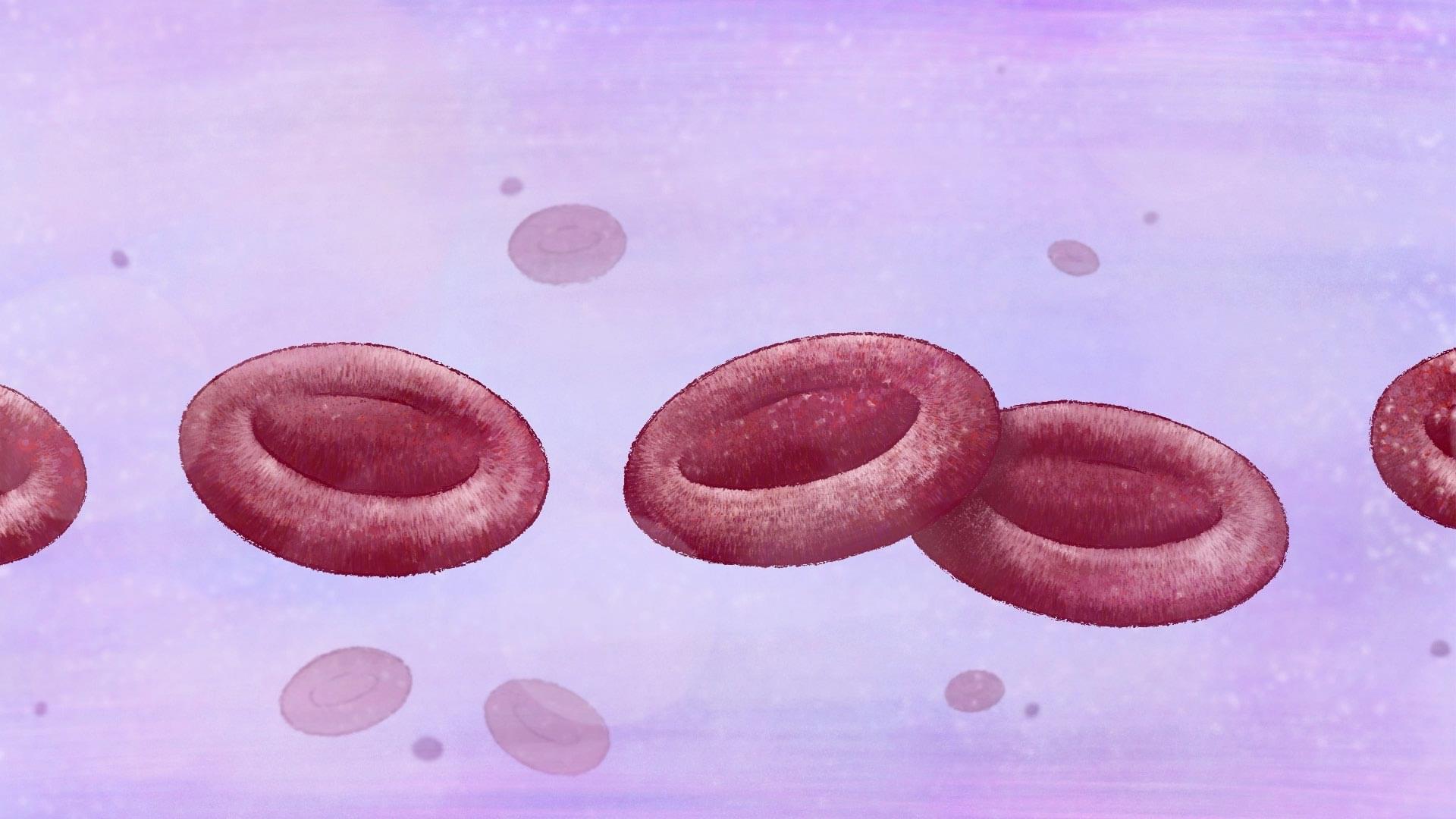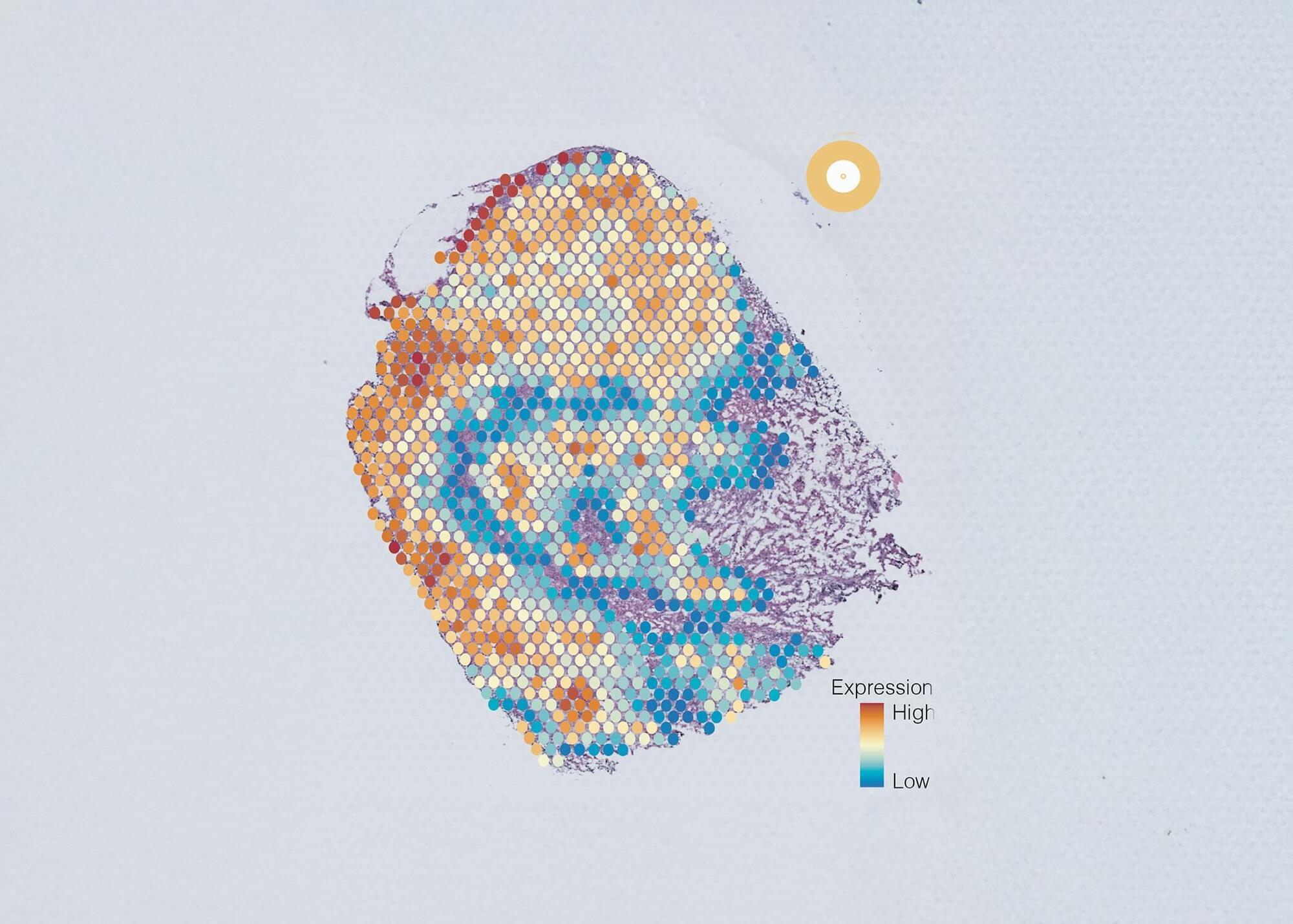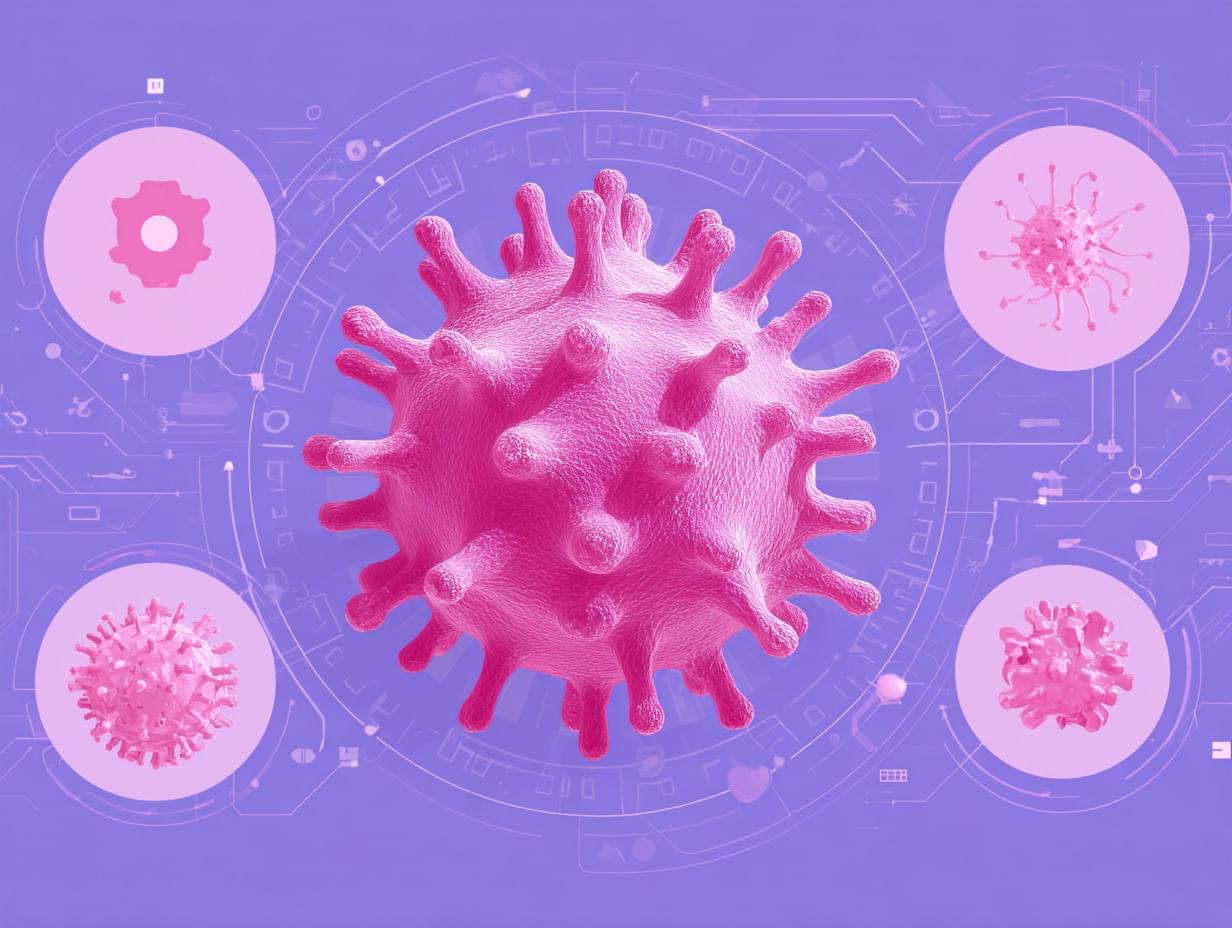In a paper published in the journal Nature Communications, biomedical engineers have shown how two brain regions quickly adapt to shift focus from one planned destination to another.
Stephanie Prince explains her research with a scenario many Atlantans can relate to. Imagine you’re driving to the Atlanta airport to pick up a friend. They call to say they’re in the terminal—but they’re not sure which one. North, maybe? You head in that direction through the maze of roads around the airport.
Then they call back. They’re actually in the South Terminal. So you make a quick mental adjustment and switch your route to arrive at the correct side of the airport.
